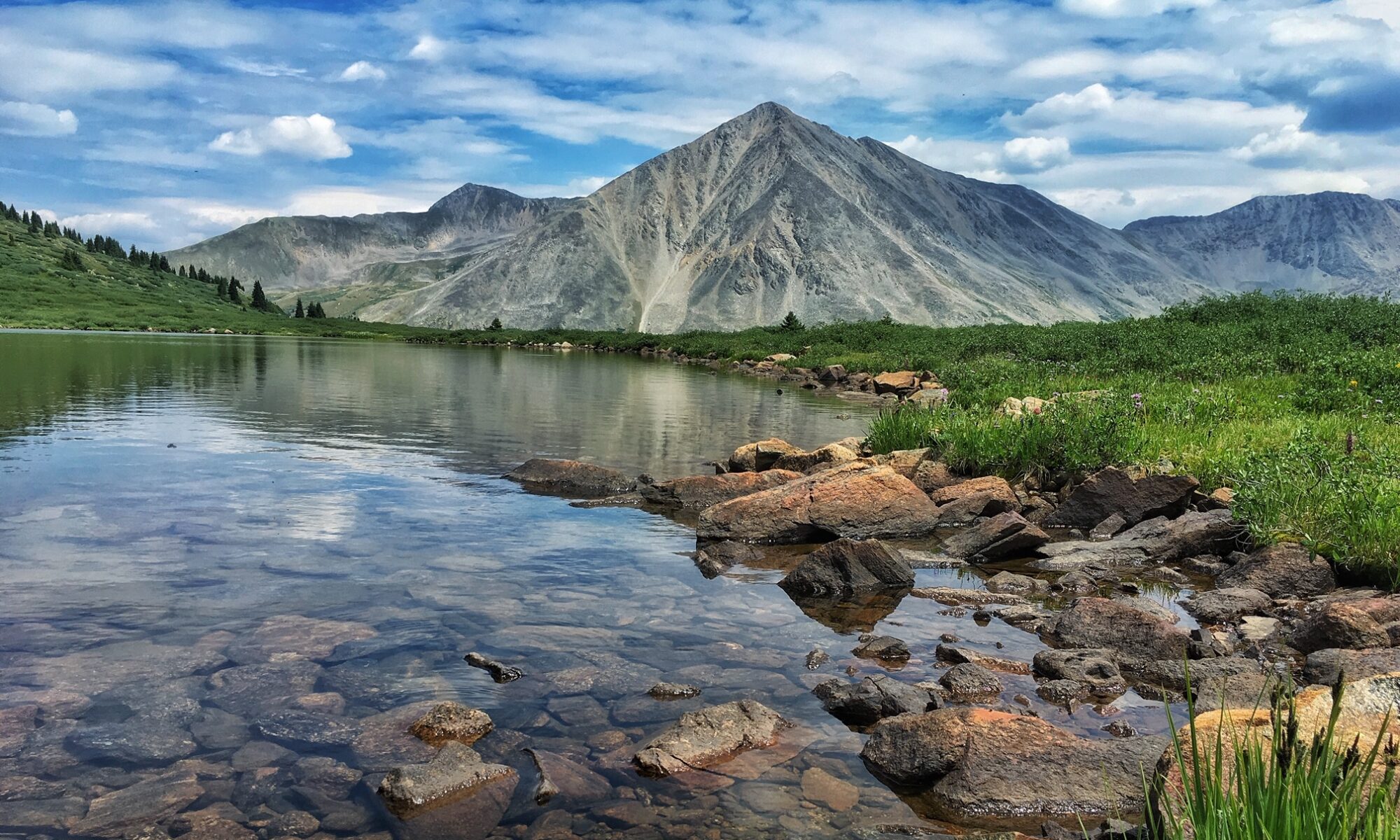In 1987, shortly after I moved to Helena, Montana, I bought a copy of “A River Runs Through It” by Norman Maclean.
I was browsing in a little bookstore in Last Chance Gulch, looking for the next Montana author to read. The movie had not yet popularized the novella, but a friend had recommended “A River Runs Through It.” So I picked up a copy. Ivan Doig, A. B. Guthrie, and other Montana authors would have to wait. The first paragraph captivated me, and I found that the book touched me deeply. Both the first and last lines are classic.
-
“In our family, there was no clear line between religion and fly fishing.”
“I am haunted by waters.”
There are, of course, several other lines worth pondering. Here are a few of my favorites, along with my musings about them.
It’s a Rod!
-
“Always it was to be called a rod. If someone called it a pole, my father looked at him as a sergeant in the United States Marines would look at a recruit who had just called a rifle a gun.”
The funny thing is, I was looking at high-end Orvis rods in a fly shop a few weeks ago, and the clerk (obviously a newbie) said, “Those are some really pricey poles you looking at.” I bit my tongue, but thought of the Rev. Maclean and how he would have frowned on this.
On Casting Technique
-
“Until a man is redeemed he will always take a fly rod too far back, just as natural man always overswings with an ax or golf club and loses all his power somewhere in the air.”
Been there, done that. I also witnessed it a few weeks ago while helping a new fly fisher with his casting. Bringing your rod back too far on the back cast will also result in hooking brush or tree limbs or in slapping the water behind you if you are casting straight upstream.
The Montana Mindset
-
“My brother and I soon discovered [the world outside] was full of bastards, the number increasing rapidly the farther one gets from Missoula, Montana.”
Residents of Bozeman, Montana would beg to differ!
There is a heated rivalry between the University of Montana (in Missoula) and Montana State University (in Bozeman). I won’t repeat some of the names fans from each city have called each other!
Bait Fisherman Take One on the Chin
-
“When [bait fishermen] come back home they don’t even kiss their mothers on the front porch before they’re in the back garden with a red Hills Bros. coffee can digging for angleworms.”
This was the younger brother Paul’s line. He was no fan of bait fishermen!
I’ll admit that I started out catching brook trout with worms. I have no qualms with this method if an angler is trying to catch dinner and honoring the limits set by a state fish and game agency. But there is no place for bait fishing — or spin-casting with treble hook lures — when it comes to catch and release.
The Glory of Nature
-
“Not far downstream was a dry channel where the river had run once, and part of the way to come to know a thing is through its death. But years ago I had known the river when it flowed through this now dry channel, so I could enliven its stony remains with the waters of memory.”
This is simply beautiful prose, and it comes from one who has interacted deeply with nature. Fly fishing is not just about catching fish (although I’m all about catching fish!). It’s about experiencing nature and seeing its patterns reflect that way the Creator has designed life.
The Twists and Turns of Life
-
“The fisherman even has a phrase to describe what he does when he studies the patterns of a river. He says he is ‘reading the water,’ and perhaps to tell his stories he has to do much the same thing.”
This quote comes right after Norman Maclean observes that “stories of life are more often like rivers than books.” I think he is saying that stories of life are fluid and take twists and turns that we do not anticipate.
The Big Idea of A River Runs Through It
-
“You can love completely without complete understanding.”
This is what Norman said to his father when they were discussing his younger brother Paul’s death. I believe it is the big idea of the book. Maclean’s novella is about more than fly fishing. It’s about family and about living with and loving those who elude us. And yes, it’s about how all things eventually merge into one and how a river runs through it (per it’s last full paragraph).
And yes, like Norman Maclean, I am haunted by waters.




